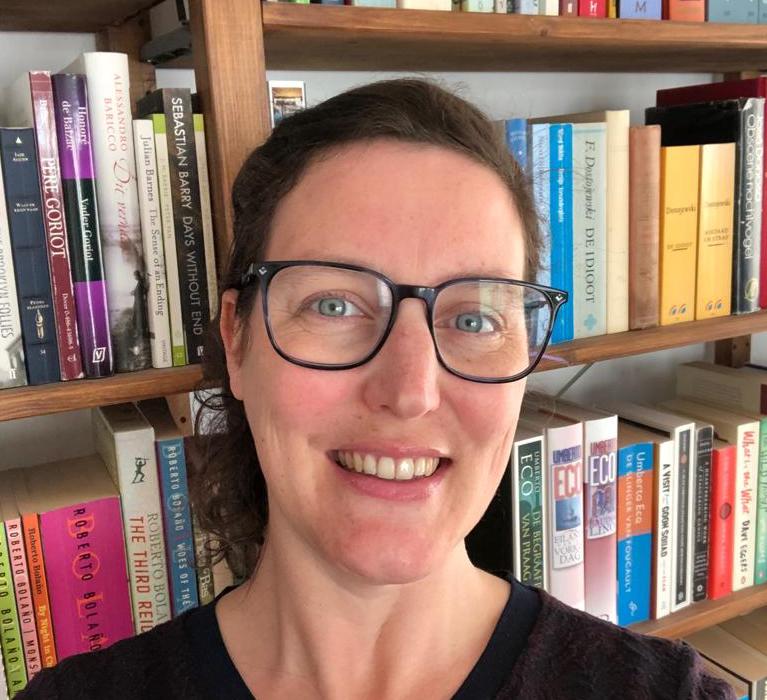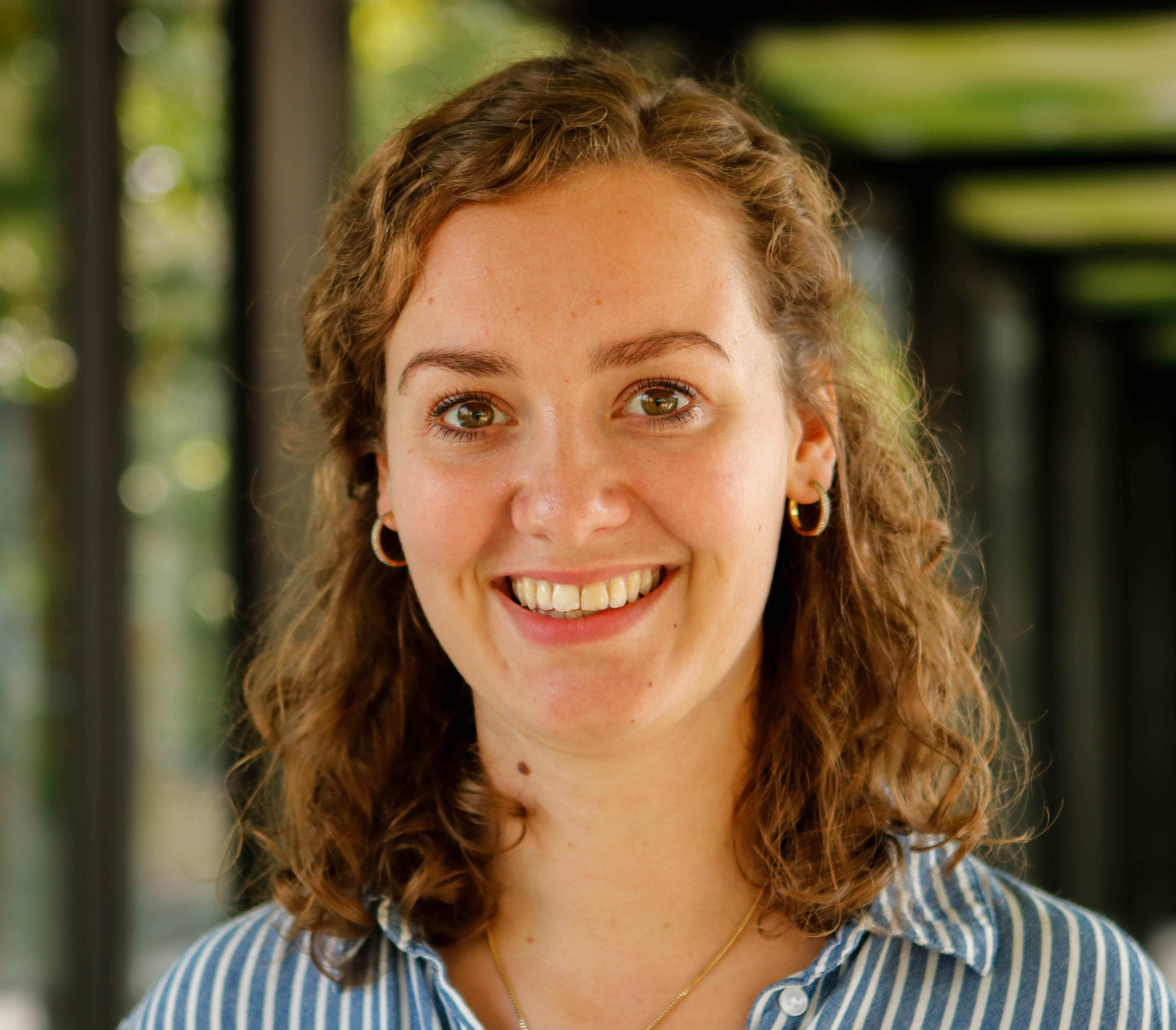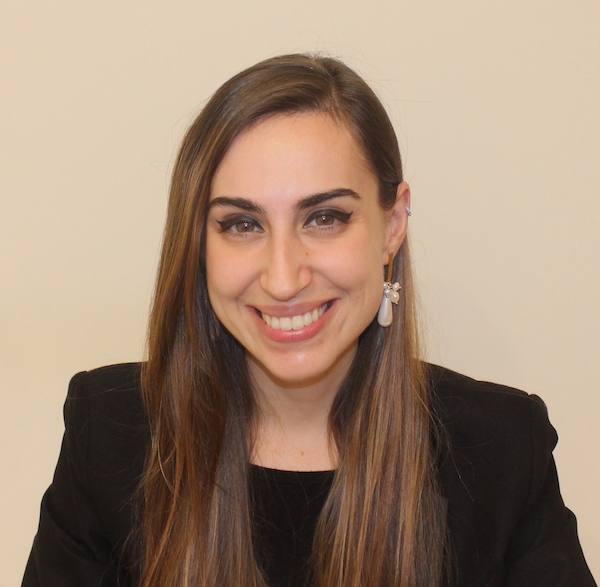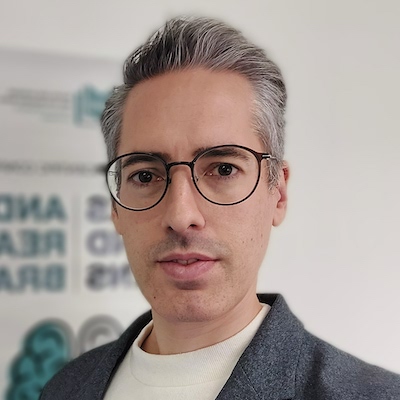About us
What is IGEL?
The International Society for the Empirical Study of Literature and Other Media aims to advance empirical literary research through interdisciplinary and international cooperation. IGEL was founded in 1987 in Siegen in Germany, which explains our acronym (IGEL, which stands for Internationale Gesellschaft für Empirische Literaturwissenschaften) and logo (as ‘Igel’ means hedgehog in German), we became a registered (non-profit) society in the Netherlands in 2010. The Society’s history reflects a rich tradition of international and interdisciplinary research and although heavily supported by researchers in North America and Europe, IGEL membership includes researchers from China, Japan, Israel, Brazil, and elsewhere.
The principal responsibilities of the Society are to:
-
Disseminate information about empirical studies of literature (through its journal and by organising conferences);
-
Facilitate personal contact and collaboration among individuals around the world who are engaged in empirical literary research; and
-
Encourage skill development among undergraduate students, graduate students, and early career researchers in the field of empirical literary research.
Governance
Governance
The IGEL society is governed by a board of members from our community.

President
Moniek Kuijpers, University of Basel, Switzerland

Vice-President
Paul Sopcak, RWTH Aachen University, Germany

Secretary
Shannon Whitten, University of Central Florida, United States

Treasurer
Marloes Mak, Radboud University Nijmegen, The Netherlands

Training School coordinator
Rocío Riestra Camacho, University of Oviedo, Spain

Member at large
Jan Auracher, National University of Singapore

Online Presence coordinator
Federico Pianzola, University of Groningen, Netherlands
Bylaws
Click here to download the pdf file with the bylaws.
Code of conduct
Mission statement
The aim of the International Society for the Empirical Study of Literature is to advance empirical literary research through interdisciplinary and international cooperation. The Society supports efforts to apply, or facilitate the application of, scientific methods to study literature and literature reception. Even though, the society’s focus is on empirical methods (may they be naturalistic and qualitative of nature, or experimental and quantitative or computational), we welcome theoretical contributions on the development of the field and its central themes and topics as well.
To ensure the realisation of our mission according to the IGEL spirit, we have compiled a series of statements that can be seen as IGEL’s code of conduct.
Collegiality and respect
IGEL is committed to the ideals of mutual respect, tolerance and providing a friendly, supportive and collegial atmosphere during our conferences and in all of our communication with and between our members.
As part of our commitment to these ideals, at IGEL, we encourage early career researchers to feel free to engage in every discussion or conversation they wish to partake in. At least 50 percent of our conference program review committee as well as 50 percent of the chairs at our conferences will be early career researchers.
We do not tolerate rude, dismissive or in any way inappropriate behavior at any of our events or on our online platform. Everyone is welcome and will be treated as such.
Diversity, inclusiveness and accessibility
At IGEL we strive to be inclusive towards anyone with an interest in empirical literary studies in the broadest sense. This includes a broad definition of the term literature to include other narrative media, such as film, theatre or video games. We also have a rather broad understanding of what falls under the heading of empirical methods: we are open towards naturalistic and qualitative work, experimental and quantitative work, as well as computational work.
As part of our inclusiveness and diversity policies, we have made registration to our conferences and training schools free for undergraduate students and early career researchers from economically disadvantaged countries. PhD students as well as researchers from all levels coming from economically disadvantaged countries can apply for a bursary to get (part of) their travel and accommodation expenses covered, as well as their registration costs. Our training schools will be held online, so more people can join in. We will also do our best to record as much of our in-person or hybrid events, so people who are unable to travel will still be able to catch up on presentations.
IGEL and it’s local conference organizers will actively approach undergraduate students as well as early career researchers, as well as researchers from economically disadvantaged countries, advertising these policies that may allow these people to attend an IGEL conference.
The society’s history
Although empirical studies of literature have a longer history, the Society was founded fairly recently (1987). The Society’s international and interdisciplinary history is evident in the sites of its previous conferences and the professional affiliations of its past presidents.
Previous Conferences
- 1987: Siegen, Germany
- 1990: Amsterdam, Netherlands
- 1992: Memphis, United States
- 1994: Budapest, Hungary
- 1996: Edmonton, Canada
- 1998: Utrecht, Netherlands
- 2000: Toronto, Canada
- 2002: Pécs, Hungary
- 2004: Edmonton, Canada
- 2006: München, Germany
- 2008: Memphis, United States
- 2010: Utrecht, Netherlands
- 2012: Montreal, Canada
- 2014: Torino, Italy
- 2016: Chicago, United States
- 2018: Stavanger, Norway
- 2021: online (Liverpool, United Kingdom)
- 2022: online (Orlando, USA)
- 2023: Monopoli, Italy
Past Presidents
- 1987-1988: Siegfried J. Schmidt, University of Siegen
- 1988-1990: Elrud Ibsch, VU University Amsterdam
- 1990-1992: Arthur C. Graesser, University of Memphis
- 1992-1994: László Halász, Hungarian Academy of Sciences
- 1994-1996: Steven Tötösy de Zepetnek, University of Alberta
- 1996-1998: Els B. Andringa, Utrecht University
- 1998-2000: Gerald C. Cuphik, University of Toronto
- 2000-2002: János László, University of Pécs
- 2002-2004: David S. Miall, University of Alberta
- 2004-2006: Willie van Peer, University of Munich
- 2006-2008: Max Louwerse, University of Memphis
- 2008-2012: Marisa Bortolussi, University of Alberta
- 2012-2016: Frank Hakemulder, Utrecht University
- 2016-2020: Don Kuiken, University of Alberta
Professional development
Teaching methods of empirical literary studies to early career researchers (from undergraduate students to post-docs) has always been a part of IGEL’s mandate. In the past few years we have made more serious efforts to formalize this aim by initiating IGEL’s training school program and just recently we set up the Professional Development Committee that the training school program, as well as the research coalitions initiative, are now a part of.
The main aims of the professional development committee are to come up with ways in which we can provide research, and teaching, resources to our community or support members of our community in using or teaching empirical methods to investigate literature and literature reception. Currently, the committee is planning to set up an undergraduate research exchange program that makes use of a multiple labs structure in which multiple research group spread out across the world will work on the same study for which they would translate, test and archive (in an open access repository) measuring instruments, stimulus materials, analysis plans and datasets in an effort to foster collaboration, stimulate replication efforts, build a community-wide archive of research tools, and teach undergraduate students to do empirical literary studies by involving them in these studies.
For more information on the two initiatives that are already running successfully, and are always in development, see the training schools program and the research coalitions initiative.
Professional Development Committee
- Rocío Riestra - Training school coordinator
- David Hanauer - Coordinator Undergraduate research exchange program
- Amir Harash - Coordinator Undergraduate research exchange program
- Frank Hakemulder - Coordinator International Minor DEAP
- Shannon Whitten - Coordinator International Minor DEAP
- Franziska Hartung - Coordinator Multiple Labs project
Newsletter Archive
This link will redirect you to IGEL’s old website, where an archive of our newsletters is kept for archiving purpose. If you are looking for updated information about events, publications, and the network of researchers doing empirical literary studies, you can visit our Events page and the Discourse platform.
There is also a IGEL Subscriber Mailing List. You can use it to circulate information, announcements, and brief discussions of general interest to members of the Society and friends of the Society. Note: Postings on this list are sent to subscribers who are IGEL members but also subscribers who are not IGEL members.